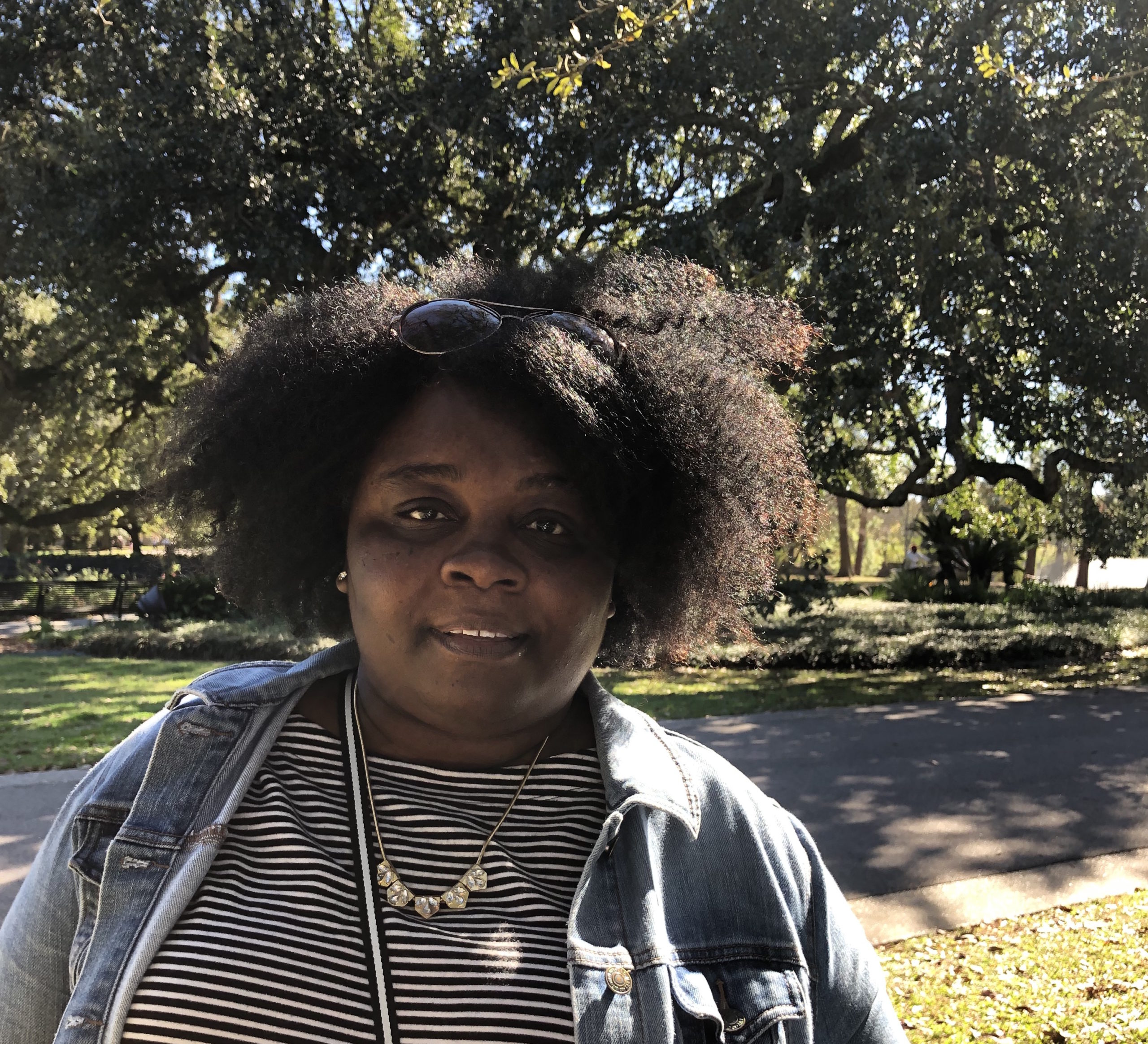As a response to the COVID-19 outbreak framed in Charles Rosenburg’s work on the archetypal structure of an outbreak, Jones (2020) offers that epidemics are social phenomena that reveal the structures that drive a society’s operation. He notes, “Rosenberg argued that epidemics put pressure on the societies they strike. This strain makes visible latent structures that might not otherwise be evident. As a result, epidemics provide a sampling device for social analysis. They reveal what really matters to a population and whom they truly value” (Jones, 2020).
In the spirit of unpacking societal values, let us not forget that the entire month March remains International Women’s Month. So, in continued celebration of International Women’s Month and in the theme of considering societal structures, TPN.Health draws from the perspective of Angela James, LPC, Assistant Director of the Accessibility Center at Tulane University in New Orleans, LA and clinician in private practice. With a passion for the inquisitiveness and boundary-pushing that trademark the college student spirit, Angela’s intention from the fledgling stages of her career was to work in higher education. Her entrance into the world of counseling stemmed from an exposure to counseling courses while pursuing her masters degree and the experiences she had with students while working in disability services.

She found that many of the students that frequented her office for help were black women who were not part of the disability services population. The frequent encounters with these black female students prompted Angela on a journey of anecdotal and academic research to address what she was seeing in her office. From her initial exploration of therapy as a healing modality for black women sprung a deep-dive into the nuances of the client-clinician relationship specifically when the client is a black woman, and the clinician is from a dissimilar cultural background. The deep-dive involves considering the relationship through a lens of cultural competence and historically significant constructs involving a web of interrelating topics, such as access and equity.
“I think listening is the best resource.” –Angela James, LPC
Angela emphasizes that the core of her work as a counselor, social justice advocate, and human being is centered on a practice of listening to those with whom she is in relationship. For Angela, this means not just saying, “I hear you,” for the sake of responding but actually taking in their perspective whose depth is unknown to you except through the words they speak. This is listening with the intention of considering that, just as you personally have a breadth of valid experiences informing your life, so do they, and you could stand to learn from their orientation. For instance, she sheds light on the importance of recognizing figure and ground when meeting people. She defines figure simply as “the immediate,” the living person standing directly in front of you. The ground, however, represents the goings-on of the world at large, which may be affecting a person’s realm of experience from a distance. She emphasizes the importance of considering how variables of the ground could be informing a person’s state of being in the world.
Angela’s perspective is parallel to Jones (2020)’s reflection on the COVID-19 outbreak in that much of her work is centered around issues that, when unpacked, lay bare the internal structures of peoples’ lives that inform their relationships, occupations, and how they make sense of the world around them. In the same way, Jones (2020) illustrates that the pandemic serves as a mechanism to reveal the essential structures that drive a society’s day-to-day function. Ultimately, these parallel perspectives can inspire people, specifically behavioral health professionals, to steep in curiosity, deep listening, and consideration of all perspectives while operating in service of an approach that is oriented in research-informed action.
Angela is excited to use TPN.Health as a resource in continuing her work of creating a more inclusive community through a lens of social justice. She sees TPN.Health as an essential tool in the realm of cultural competence, specifically in that clinicians are enabled to feel confident around referring out when a client’s unique needs are outside of their realm of experience.
Looking to refer out? Want to access a diverse and trusted community of behavioral health professionals for networking and continuing education opportunities? Click here to create an clinical profile and begin interacting in TPN.Health today. There has never been a better time to be a part of this digital community!
References:
Jones, D. S. (2020). History in a Crisis — Lessons for Covid-19. New England Journal of Medicine. doi: 10.1056/nejmp2004361
Featured Image credit: https://www.freepik.com/free-vector/female-scientist-looking-through-microscope_6429942.htm
